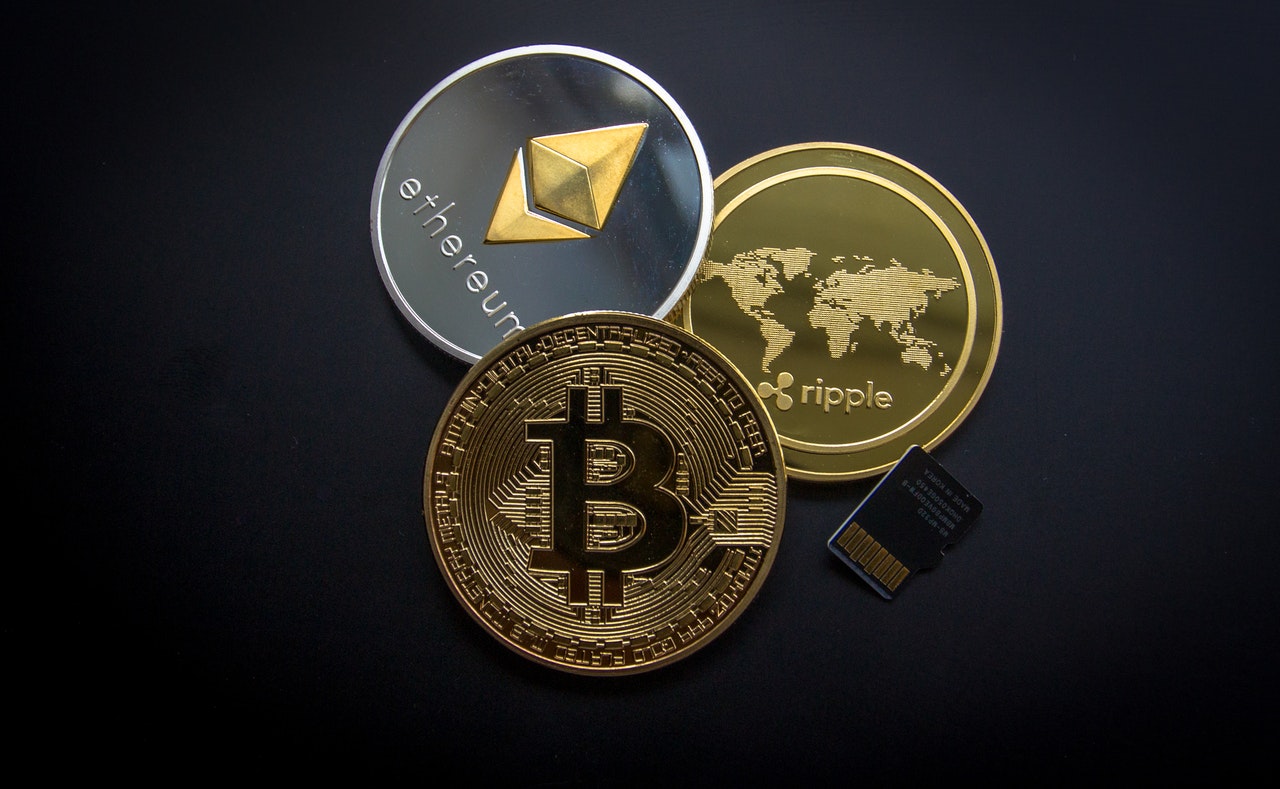The adoption of Bitcoin has been gaining more and more traction among merchants around the world. This is why traders love Bitcoin
While Bitcoin also serves as a store of value, it was primarily an alternative transaction currency. Most users of BitiCodes mainly use it as a means of payment for goods and services. Industry leaders like Microsoft and Tesla were early adopters of Bitcoin as payment, but it didn’t take long before several media outlets for small-scale merchants followed suit.
Today, Bitcoin is the most important, recognized and accepted cryptocurrency in the world. The following article discusses why Bitcoin commands so much love from traders around the world.
Increased exposure with less risk
Credit cards, debit cards and other electronic payment systems allow merchants to process payments from customers in various foreign countries. However, such operations remain subject to various governmental restrictions and institutional influences. For example, merchants cannot process payments from sanctioned countries.
Additionally, governments also limit the volumes of transactions that merchants can process in fiat money across their borders. The centralized financial system makes it extremely difficult and expensive for local businesses to expand into foreign markets.
Bitcoin offers an excellent solution because it is a decentralized universal currency. Unlike fiat money transactions, Bitcoin is not subject to political or institutional influence. This allows traders to transact in foreign markets without the risk of outside intervention. The adoption of Bitcoin as a payment allows merchants to target and attract customers in different global markets.
Fast and secure payment processing
Thanks to government regulations and institutional bureaucracy, international remittances have been very expensive and inefficient. Processing cross-border payments usually takes several hours, days or weeks to complete, resulting in huge losses for merchants. Furthermore, traditional payment systems also expose merchants to various security risks, including fraud, mainly due to the multiple third parties involved.
No central authority or entity regulates the use and circulation of Bitcoin. Also, merchants don’t need banks or money processors to send or receive Bitcoins around the world. All Bitcoin transactions take place on the blockchain, without any intermediaries, facilitating quick payment processing that usually takes only minutes.
Instead of third parties, the Bitcoin blockchain verifies and validates all transactions against a shared digital ledger. Bitcoin runs on a distributed network with random nodes making it virtually impossible to manipulate transactions. The Bitcoin ledger is encrypted and irreversible, protecting merchants from fraudulent risks such as double-spending.
Low cost transactions
Bitcoin also incurs lower transaction costs than credit cards, debit cards and wire transfers. The absence of intermediaries in Bitcoin transactions significantly reduces fees when sending funds globally. Furthermore, Bitcoin does not have a minimum balance requirement, account maintenance fees and many other charges imposed by banks and money processors.
Cryptocurrency exchanges like Bitcoin Pro usually charge a small transaction fee for processing payments on behalf of merchants and individuals. They primarily calculate costs based on transaction volumes. Aside from cheap transaction fees, Bitcoin is also not subject to currency conversion fees as merchants can receive and send payments in cryptocurrency. These unique attributes of Bitcoin allow traders to save a lot of money in the long run.
Technological Edge
Bitcoin has inspired significant technological advances, helping merchants transition to a more efficient digitized economy. Bitcoin allows merchants to process payments and store their funds virtually, without any red tape. Its blockchain keeps an accurate record of all transactions which merchants can easily access online. Furthermore, blockchain also supports the development and improvement of various core business processes such as smart contracts, supply chain management, and inventory management.
Bitcoin offers solid benefits to merchants including increased exposure, low cost transactions, secure and fast payment processing. Its blockchain is a revolutionary technology, which helps companies discover and improve various processes for long-term growth and sustainability.
















Leave a Reply
View Comments